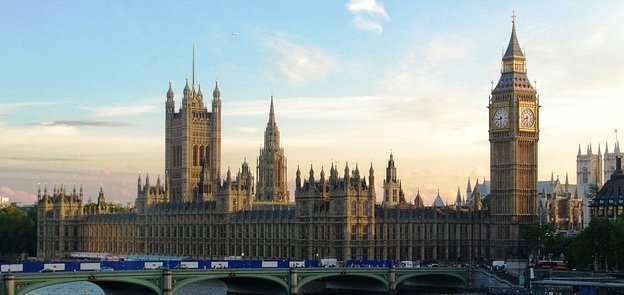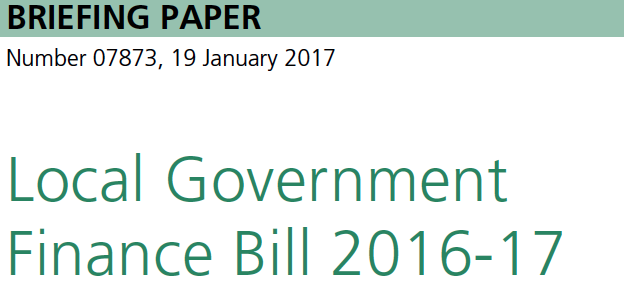
Government proposals to change the way increases in business rates are calculated will take £80bn out of local government coffers over 20 years, MPs have heard.
Guy Ware, director of finance, performance and procurement at London Councils, made the claim during the first day of the committee stage of the Local Government Finance Bill.
The Bill includes a clause which would change the annual uprating of the “business rates multiplier” to use the consumer price index (CPI), rather than the current retail price index (RPI) measure of inflation.
Giving evidence before the committee, Ware said: “That change alone will take £80bn of spending power out of local government over 20 years.
“At a time when we are discussing a crisis of funding in social care and that being a good third of local government funding, to reduce by fiat the capacity and buoyancy of the biggest single tax that local government is collecting seems to be worthy of debate, shall I say.”
The proposal to change the business rate multiplier calculation is being made in response to campaigning by business representative groups.
In 2013, the British Retail Consortium ran a campaign called Fair Rates for Retail, urging the government not to increase the multiplier for 2013-14, and suggesting the use of the CPI in future.
The 2016 Budget committed the government to replacing the use of RPI with the CPI.
In 2011, the Office for Budget responsibility said that it expected the long-term rise in RPI to be around 1.4% lower than CPI inflation, which includes housing costs.
Also appearing before the committee, Nick Forbes, leader of Newcastle City Council and vice chair of the Local Government Association, and Jon Collins, leader of Nottingham council and vice chair of Core Cities, both described the social care funding system as being in “crisis”.
Forbes told MPs: “I don’t know anyone in DCLG who thinks that the funding for social care is anything other than a solution to get us through the next few months.”
This directly contradicted the view of local government minister Marcus Jones, who had earlier on told the committee: “I don’t agree it is a crisis. I agree there are significant challenges in the system and we are putting forward measures to support local government. We recognise the challenges and are looking to address those.”
Both Forbes and Collins also said that the move by government to calculate funding for local authorities based on spending power, rather than need, had introduced more unfairness into the system.
Collins said the shift “benefits rural areas and big counties at expense of big cites. We are seeing a shift of resources to relatively well-off authorities in the south east.”
Also appearing during the session, Graham Soulsby, managing director at Kettering Borough Council and finance lead for the District Councils Network, said that the government needs to take with the resetting of business rates redistribution baselines.
He said: “It could provide a disincentive to economic growth as you move towards that reset. If you did it in year four out of five, you won’t keep much of the extra growth because it will be redistributed.
“We have tried to argue that for that to work properly, there needs to be some retention of incentive in the medium term so that if you want to use some of the additional business rate income, you can go out to the market and perhaps get infrastructure funding to promote some bigger schemes, but you would have to pay it back over a longer period of time.”
And David Borrow, deputy leader of Lancashire County Council and finance spokesman for the County Councils Network, warned the government against adopting a system of regional redistribution, mooted by the Independent Commission on Local Government Finance in 2014.
Borrow said: “All that would do is reinforce the inequality between regions. It is fundamental that if you want to get a fair local government finance system you have to have equalisation across the country.
“On a mathematical basis you can argue it is easier on regional basis, but it will reinforce poverty in the North East and affluence in the South East.”













